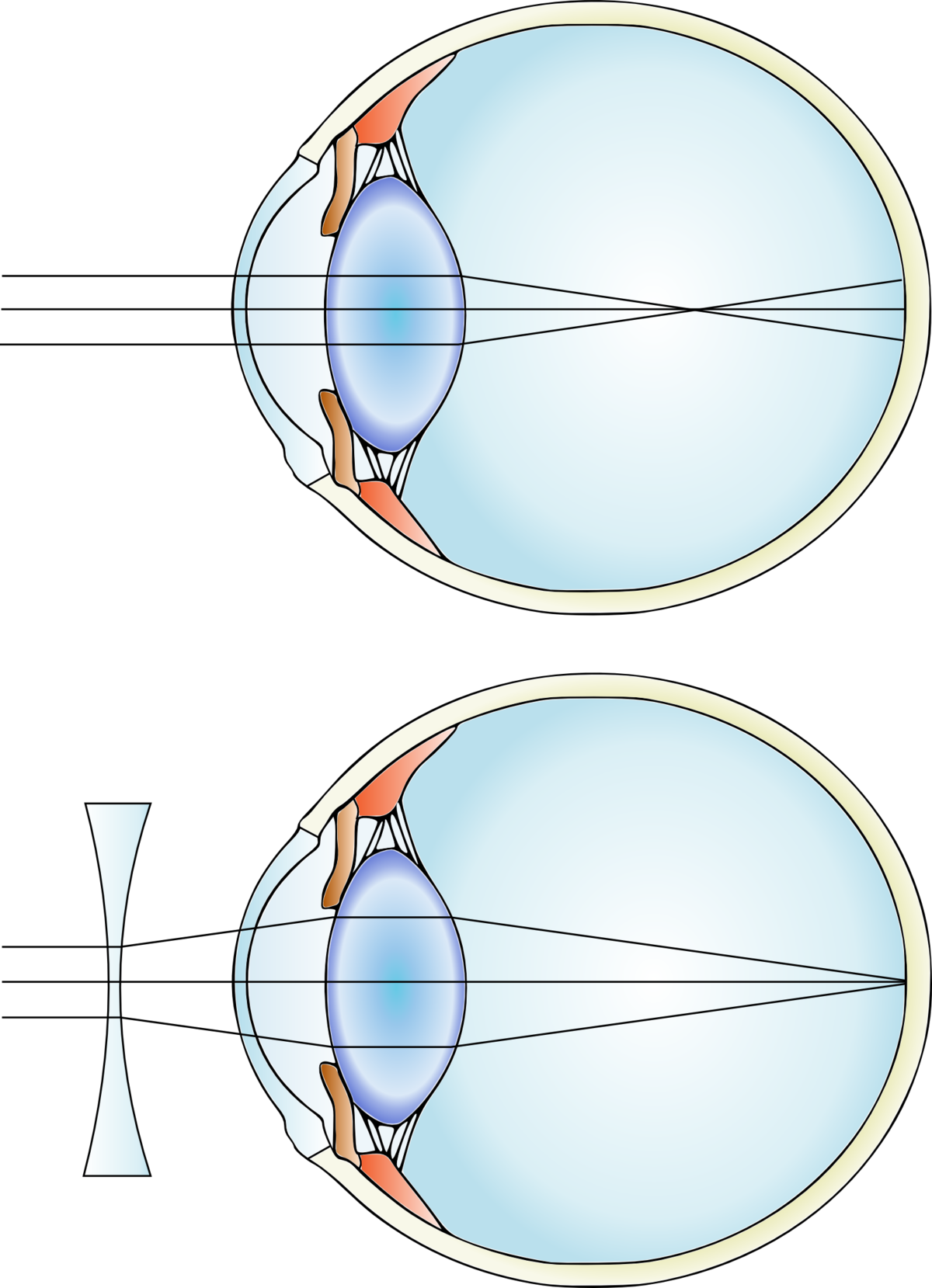JUNE 13, 2022 – (Cont.) “Dopamine and myopia are easy to come by,” I said. “You start with fat and sugar to create fast food. Once you have humans hooked on burgers, fries, and chocolate shakes, dopamine flows fast and furiously. Then you step things up. You dream up, design, build, distribute, and sell more stuff than you can imagine could exist—on this planet or any other. Subsuming the the whole program is a multi-media, multi-dimensional, ubiquitous, omnipresent, insidious, subliminally hypnotic marketing effort geared to release people’s dopamine and give humans a severe and immediate case of hyper-myopia. Look around our home and you’ll see how effective this effort has become—and my spouse and I are relatively immune to it.
“But there’s a downside to our national religion. Capitalism’s imperative feeds on our short-term nature, and the parasitic effect has made us crazy with stress and impatience. First we’re convinced we need and want more shining objects. Then, with jacked-up desires, we work ourselves ragged to acquire them—or, once we have them, worry ourselves about losing them. The endless cycle alienates us from ourselves and others.”
By taking a hard swipe at “capitalism” I sensed I was getting ahead of the alien as well as myself. Time to chill lest I sound like a spoiled, American, undergraduate idealist. Would I really want to exist in peasant squalor of the pre-capitalist age? I sipped my lemonade, and through the bottom of the glass, I saw the alien’s filaments slowly brighten to high intensity, hold for a second, then fade back. The process appeared like something between boredom and self-hypnosis, but in either case, I wondered if the alien was tracking.
“You’re equating capitalism with myopia?” the alien asked in a confirming tone as I set my glass down. By gosh, the thing was tracking.
“Yes, but before I lead you any further into the dismal science . . .”
“. . . No science is dismal,” the alien cut in.
“Except, we call economics—which comprises capitalism as well as all other manners of ordering the means of production and distribution—the dismal science because of the thesis by 19th century economist, Thomas Robert Malthus, who predicted that population growth would outstrip food supply, leading to mass starvation—a prime example of human myopia.”
“Sounds awful.”
“Myopia?”
“Economics, if it causes mass starvation.”
“Hold on, fella,” I said. The instant “fella” crossed my lips, I regretted the word choice. It sounded condescending. It was condescending, though I’d said it in a spirit of familiarity, a growing connection with this inquisitive creature from another side of the cosmos.
“Economics doesn’t cause mass starvation. Economics—no matter what construct is followed—is simply the reality of finite resources, that’s all. Our planet is a place where everything is finite, including time and ourselves. How scarce and limited goods and services are produced, distributed, and consumed is the purview of economics—and a rather dismal reality for most humans.”
“If you’ve got limits and scarcity, why are you humans myopic? I’d think in the face of shortages you’d be propelled in the opposite direction—conservation and longer-term thinking.”
Clearly, the alien had much more to learn about humans.
(Remember to subscribe to this blog and receive notifications of new posts by email.)
© 2022 by Eric Nilsson
